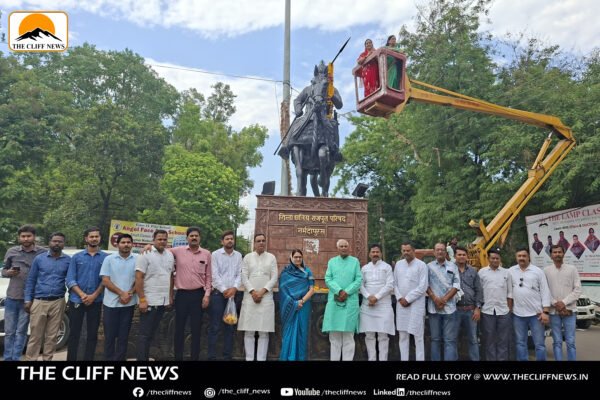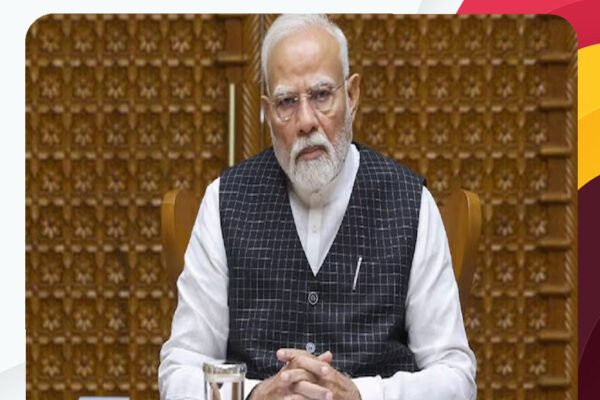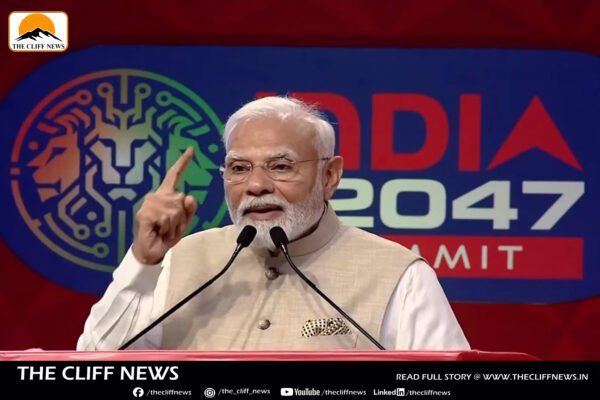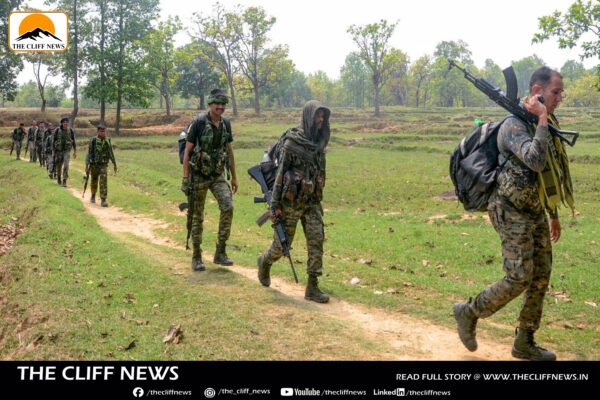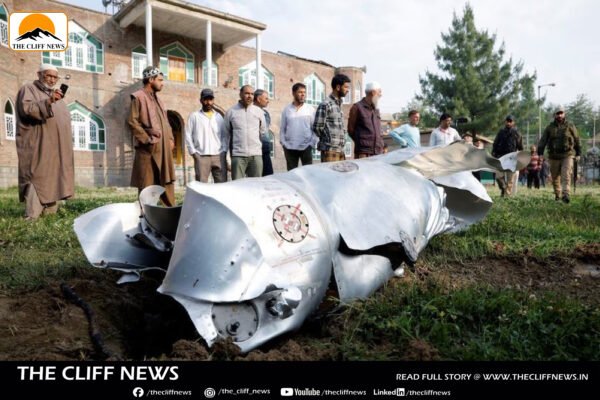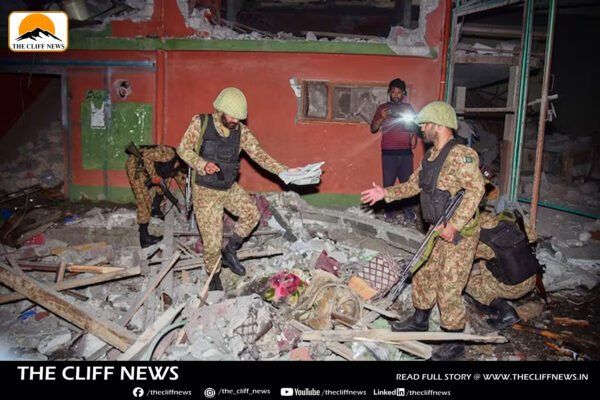महाराणा प्रताप जयंती पर एनएमवी कॉलेज के सामने राज्यसभा सांसद माया नारोलिया व नपाध्यक्ष नीतू यादव ने माल्यार्पण कर राष्ट्रभक्ति, स्वाभिमान और शौर्य की प्रेरणा को किया नमन।
राज्यसभा सांसद और नपाध्यक्ष ने एनएमवी कॉलेज में महाराणा प्रताप जयंती पर श्रद्धांजलि अर्पित की एनएमवी कॉलेज के सामने हर्षोल्लास से मनाई गई महाराणा प्रताप जयंती राज्यसभा सांसद माया नारोलिया और नगरपालिका अध्यक्ष नीतू यादव ने प्रतिमा पर किया माल्यार्पण वीरता, स्वाभिमान और मातृभूमि के प्रति असीम प्रेम के प्रतीक महाराणा प्रताप की जयंती शुक्रवार को नगर में पूरे हर्षोल्लास और सम्मान के साथ मनाई गई। इस अवसर पर एनएमवी कॉलेज के सामने स्थापित भव्य प्रतिमा पर राज्यसभा सांसद श्रीमती माया नारोलिया और नगरपालिका अध्यक्ष नीतू महेन्द्र यादव ने माल्यार्पण कर उन्हें श्रद्धांजलि अर्पित की। कार्यक्रम के दौरान सांसद माया नारोलिया ने महाराणा प्रताप के बलिदान और संघर्षपूर्ण जीवन पर प्रकाश डालते हुए कहा कि “महाराणा प्रताप का जीवन हमें स्वाभिमान, स्वतंत्रता और राष्ट्रप्रेम की प्रेरणा देता है। उन्होंने कभी अकबर की अधीनता स्वीकार नहीं की और वन-वन भटकते हुए भी मातृभूमि की रक्षा की।” इस गरिमामयी आयोजन में विधायक डॉ. सीताशरण शर्मा, पिपरिया विधायक ठाकुरदास नागवंशी, भाजपा जिलाध्यक्ष प्रीति शुक्ला, मप्र तैराकी संघ के अध्यक्ष पं. पीयूष शर्मा, मंडल अध्यक्ष सागर शिवहरे, रूपेश राजपूत, अर्पित मालवीय, रामू चौहान, लक्ष्मण बैस, कपिल चौहान, कमल चाव्हाण, विशाल दीवान सहित अन्य गणमान्य नागरिकों और कार्यकर्ताओं ने भी प्रतिमा पर माल्यार्पण कर श्रद्धासुमन अर्पित किए। नगरवासियों में दिखा उत्साहकार्यक्रम के दौरान बड़ी संख्या में स्थानीय नागरिक, विद्यार्थी और सामाजिक संगठनों के सदस्य मौजूद रहे। महाराणा प्रताप की प्रतिमा स्थल पर सजावट की गई थी और देशभक्ति गीतों के माध्यम से वातावरण को वीररस से ओत-प्रोत किया गया। इतिहास की प्रेरणा आज के युग में भी प्रासंगिकभाषणों और वक्तव्यों में वक्ताओं ने यह भी कहा कि आज जब समाज और देश को एकजुटता, साहस और आत्मबल की आवश्यकता है, तब महाराणा प्रताप जैसे योद्धा की जयंती नई पीढ़ी के लिए प्रेरणा का स्रोत है। माल्यार्पण कार्यक्रम के साथ ही यह आयोजन वीरता और संस्कृति के पुनर्जागरण का संदेश भी बन गया, जिसमें हर वर्ग ने अपनी सहभागिता दर्ज कराई।
